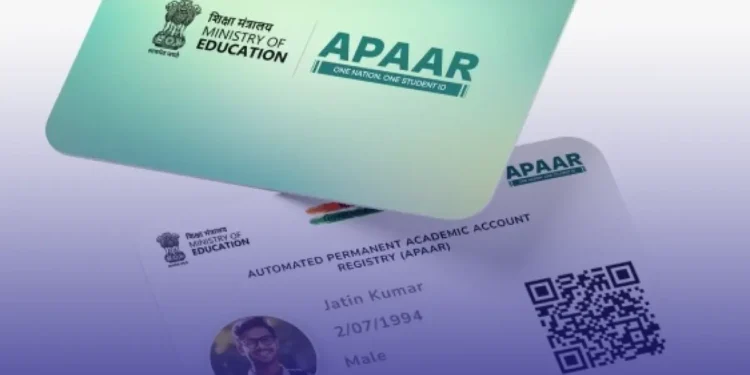Much like the PAN number for taxpayers, the APAAR ID will help track students’ academic performance throughout their educational journey. The system stores details such as scorecards, degrees, certificates, co-curricular achievements, and more. This initiative is part of India’s One Nation, One Student ID program, introduced by the Ministry of Education (MoE) and aligned with the National Education Policy (NEP) 2020.
How APAAR ID Benefits Students
The APAAR ID provides students with a centralized digital repository for all their academic credentials. This will simplify processes like admissions, job applications, and internships. Educational institutions will also be able to verify academic records more easily, making it more efficient to transfer credits or apply for scholarships. Students can access their academic records at any time, eliminating the need to carry physical documents.
Data Privacy and Security Concerns
While the APAAR ID brings many advantages, it raises concerns regarding data privacy, particularly for minors. The system will store sensitive personal data, and its accessibility to various stakeholders, including employers and educational institutions, requires strong data protection measures. The government must address these concerns to protect students’ privacy. Clear protocols must be in place to prevent unauthorized access to the data.
Challenges in Implementation of APAAR ID
The success of the APAAR ID depends on effective implementation across all educational institutions. Schools and universities need to adopt the new system, which may require infrastructure upgrades. Additionally, students will need to familiarize themselves with this new method of managing their academic information. With these challenges in mind, the government must ensure that educational bodies are adequately prepared for the transition.
Looking Ahead
The APAAR ID has the potential to revolutionize how academic records are managed in India. It can simplify processes for students and educational institutions alike. However, it is essential for the government to address privacy concerns and ensure a smooth implementation of the system for it to fulfill its purpose effectively. As the rollout begins, both students and institutions must embrace this digital shift for a more efficient academic experience.
Source: THE HINDU










